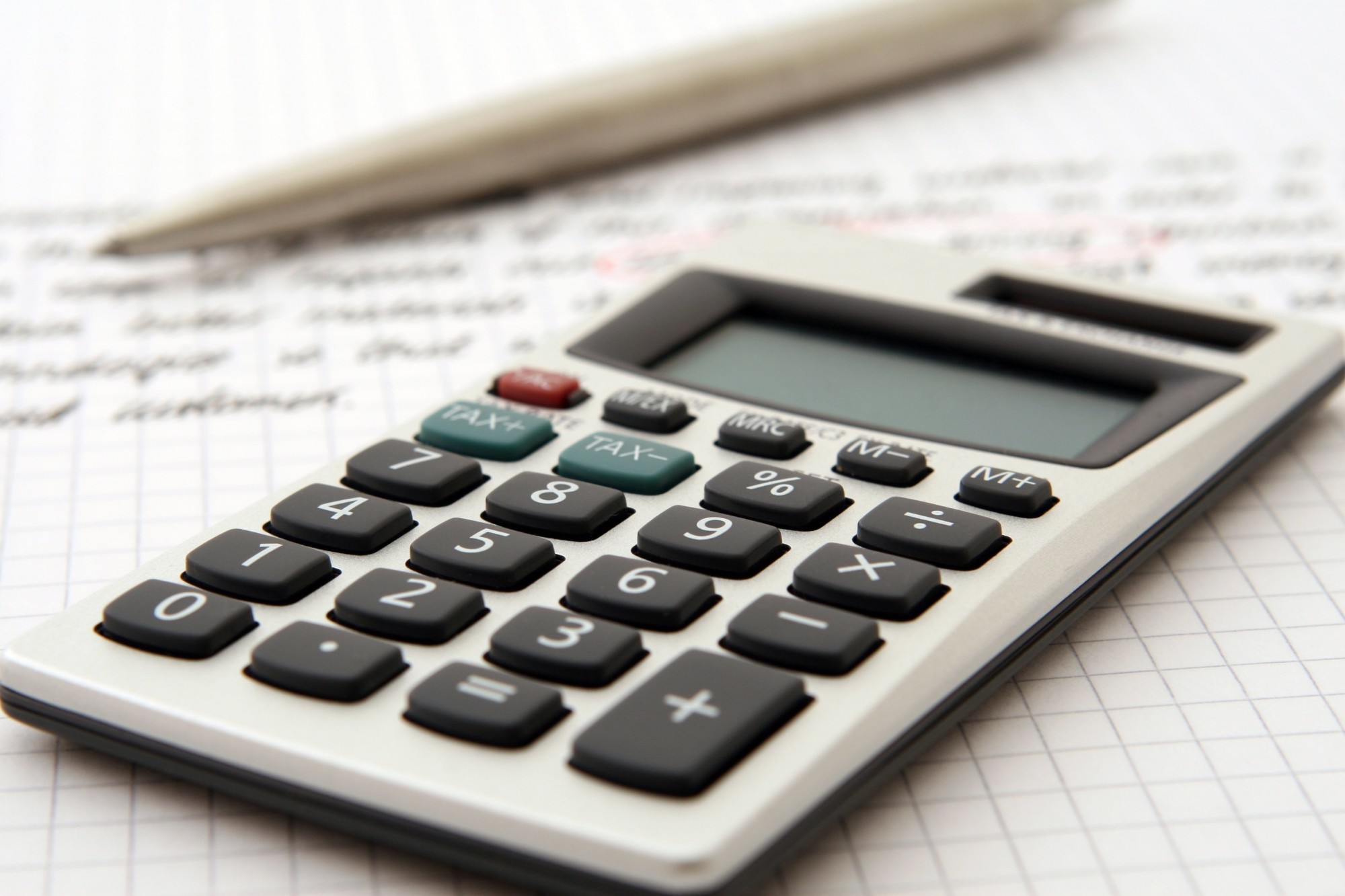Real estate is one of the best investments you can make. They’re predictable, provide steady income, and real estate can see big increases in value.
On the downside of rental real estate lies capital gains taxes. Taxes can take away a big percentage of profits if you don’t know how to avoid them.
Would you like to know how to avoid capital gains tax on a rental property?
Then, keep reading to learn why you want to avoid paying capital gains taxes when you sell a rental property and how you can limit your tax liabilities.
What Are Capital Gains Taxes?
When you sell a rental property for more than you paid for it, you make a profit. That profit is considered to be a capital gain.
Of course, any type of gain, profit, or income is going to be taxed by the IRS.
Capital gains taxes are paid in the year when you attained the capital gains. That’s usually when you close on the sale of the property. If you received and accepted an offer on a property in November 2019 and close on the sale in early 2020, you realize capital gains in 2020.
So, when you do your 2020 taxes, you have to pay capital gains taxes.
How much will you pay in capital gains taxes? It depends on a few things.
The first is how long you held the property for. That will determine if you pay long-term capital gains taxes or short-term capital gains rate.
If you held a rental property for less than a year, it’s considered to be a short-term investment. Capital gains are treated as regular income, and you’ll be taxed according to your income tax rate.
Now, if you held the property longer than a year, it’s treated differently. You’ll pay either 0%, 15%, or 20%. That depends on the amount of profit from the sale, your income, and your filing status.
How to Avoid Capital Gains Tax on a Rental Property
You could wind up with a huge tax bill because you sold a rental property. Of course, you want to keep as much of the profits gained from your hard work as much as possible. Here are a few ways you can legally avoid capital gains taxes on a rental property.
1031 Exchange
Section 1031 of the tax code lets you defer capital gains when you invest in another property.
There are a lot of things that you need to be aware of to make a 1031 exchange work. For starters, the property has to be considered a like-kind property.
You need to understand the 1031 exchange timing rules. Missing these deadlines could cause the entire deal to fail, leaving you to pay capital gains taxes. You have to identify a replacement property within 45 days of the sale of your property.
You have 180 days to close on your property after the sale of your property. There are additional complications if Tax Day falls within that timeframe.
Offset Gains With Losses
Do you have other investments that are pure losers? It may make sense to unload the dead weight and take a loss on those investments.
You can offset the capital gains by taking a loss on those other investments. You sell the rental property and make a $100,000 profit.
Let’s say that you lose $100,000 on the stock market. In the eyes of the IRS, you have $0 capital gains to report.
Make Your Property a Primary Residence
This option forces you to think outside of the box, but you have another option available. You could make your rental property your primary residence.
Residential properties have better capital gains tax rates, as long as you qualify. You can avoid capital gains tax on a residential property for up to $250,000 in capital gains for single filers, $500,000 for those filing jointly.
To qualify for this, you need to own the property for at least 5 years and make it your primary residence for 2 of those years.
Another Type of Real Estate Tax
Capital gains taxes aren’t the only tax headache you need to worry about. You also have to be concerned with depreciation recapture.
If you bought a rental property and claimed a depreciation deduction, you may have to pay that back to the IRS. For example, if you bought a home for $200,000, you can claim depreciation by dividing the purchase price by 27.5. That’s the number of years you can claim depreciation.
That turns out to be $7272 a year, which is a big tax savings. Now, if you sell the property, you may have to pay up to 25% of that back to the IRS.
You’ll want to consult with a great tax attorney to see how depreciation recapture can be deferred. In some cases, you may be able to leverage a 1031 exchange to defer both capital gains and depreciation recapture.
It’s Possible to Pay Less in Taxes
No one wants to pay more taxes than they need to. As a real estate investor, you have much more to worry about when you sell a rental property.
You have capital gains taxes, which can be as high as 20% of your profits gained from the sale of the property.
If you want to learn how to avoid capital gains tax on a rental property, you have to start planning now and assess our options.
The best option depends on your situation, which is why you want to consult with a professional ta attorney who can guide you to the best decision.
For more great financial tips, head over to the Personal Finance site for more great articles.

